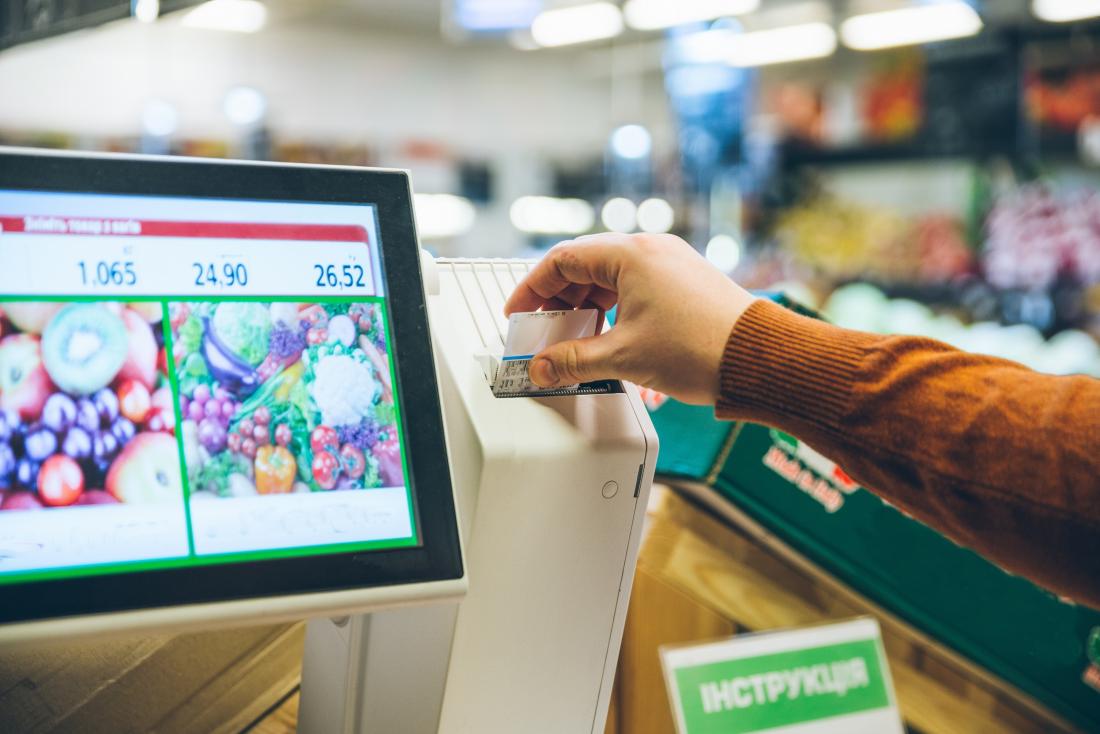
Details
The digital transformation of the European weighing industry is a key opportunity to develop new services, business models and increase efficiency. To ensure the further digitalisation of the weighing industry the right legal framework is essential which includes a strong and harmonised EU Single Market. Digitalisation erases borders and creates new global opportunities. Current rules and requirements such as reverifications are set in national legislation where borders create significant barriers that hamper innovation. Harmonisation in numerous areas will encourage European businesses to develop new digital solutions and increase the uptake of new instruments and services. In its new position CECIP describes the areas where harmonisations is needed and what solutions are possible.
Harmonisation is necessary to stimulate innovations in the European weighing industry. First of all, since the European economy is going to be a data economy. Data gathered by weighing instruments doesn’t care about borders and national systems. Data from all over Europe should be reliable, interoperable and comparable which requires a framework which is further harmonised. Another example concerns weighing instruments software that is updated all over Europe at the same time. It would be cumbersome if different rules require different procedures all over Europe. Additionally, the architecture of weighing instruments will change in the future due to the digital transformation. Single weighing instruments will work across borders creating complications if multiple systems are applicable.
These are a few examples why harmonisation is necessary to enable the digital transformations. Still, a lot of new ideas and solutions are not known yet and will arise in the future. For many of them harmonisation is crucial for the feasibility and success of the product, service or solution. The main area where harmonisation would be beneficial concerns reverifications. By having mutually accepted reverification authorisations and harmonised reverification tests, digital solutions that can work cross-border can be developed. Furthermore, harmonisation in legal metrology documents and procedures will also bring new opportunities with respect to digitalisation. Another vital part is harmonised interpretations on digital topics such as software. One interpretation means weighing instruments and processes don’t need to be modified for specific markets.
We’re currently at the beginning of the digital transformation and a lot will change the coming decade. Considering the long timeframe of working on technical legislation CECIP is convinced now is the time to create the right legal framework. Therefore, CECIP calls on EU decision makers and Member States to take the initiatives to enable the weighing industry to digitalise further by harmonising legal metrology requirements.
You can find the full position paper here.




